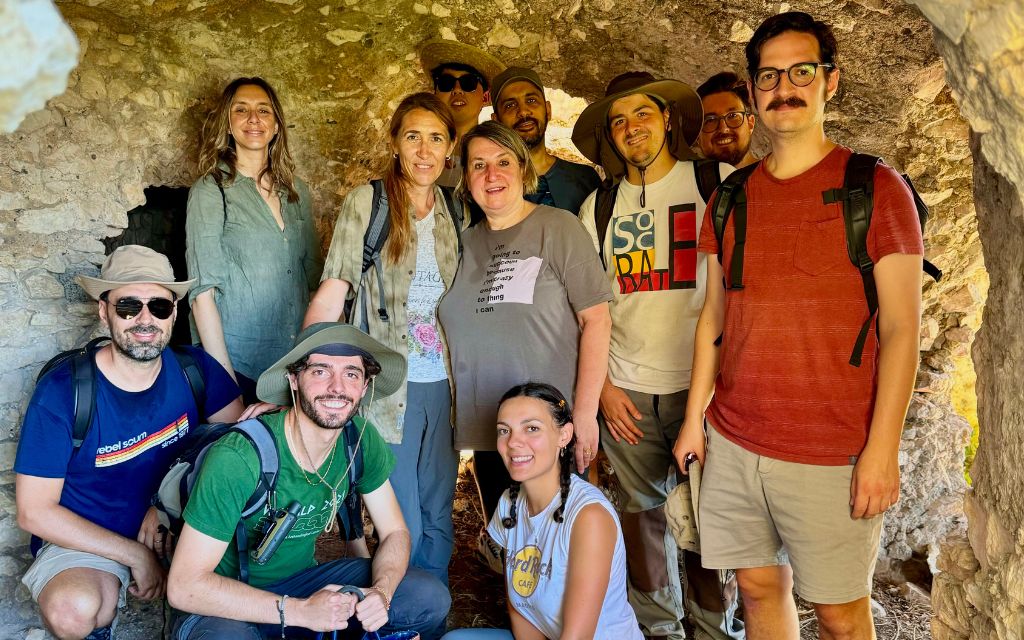Discover the key outcomes of the ARGUS project’s 2nd plenary meeting and Living Lab at Roma Tre University. Read the full recap of this impactful 4-day event.

The second plenary meeting for the ARGUS project took place from 3 to 6 of 2024, at the Roma Tre University, Department of Humanities, bringing together the ARGUS partners to discuss the project’s progress and define the roadmap after achieving the first milestone. The event, hosted in Rome, provided a collaborative environment for sharing updates on work packages, discussing roles, and aligning strategies for upcoming project phases.
The plenary opened with a warm welcome from the Dean of the Humanities School and an address from Emeri Farinetti, professor at the University of Roma3 and coordinator of the Pilote Site of the Monti Lucretili. Participants were introduced to the workplan overview, and ATHENA, the project’s lead partner, presented the roadmap towards achieving the first results for data collection frameworks.
The meeting continued with updates on key work packages, including technology miniaturization, AI models, technology validation, and dissemination strategies. Partners from Eurecat, World Sensing, Fraunhofer, and Roma Tre University each showcased their respective developments in technical and scientific areas, highlighting the cross-disciplinary nature of ARGUS.
The second day focused on the ARGUS Living Lab, designed to bring together participants for hands-on demonstrations and discussions on technological solutions for cultural heritage preservation. A series of presentations provided an in-depth look at ongoing innovations in climate resilience, decision support systems (DSS), and community engagement. The results of the discussions will be published soon.
The day featured parallel sessions to tackle specific challenges, such as resilience in cultural property, technology integration, and community co-creation in heritage protection. These smaller focus groups fostered lively exchanges and allowed for brainstorming actionable ideas to refine ARGUS technologies.
Friday focused on more specialized discussions in parallel meetings, targeting technology development and pilots. These sessions, led by World Sensing and Roma Tre, delved into ARGUS-specific challenges related to validation frameworks and pilot region applications.
Participants also had the opportunity to visit Roma Tre’s Archaeology Lab, an inspiring venue that underscored the intersection between heritage preservation and cutting-edge technology.
The final day concluded with a field trip to the Monti Lucretili pilot region. This visit provided an opportunity to see first-hand how ARGUS technologies could be applied in real-world settings, contributing to the conservation of Italy’s rich cultural landscapes.
The event successfully brought together ARGUS partners, facilitated collaboration, and set the stage for the project’s next phase. The combination of plenary discussions, living labs, and fieldwork gave the consortium a clear path forward toward implementing the project's ambitious goals.